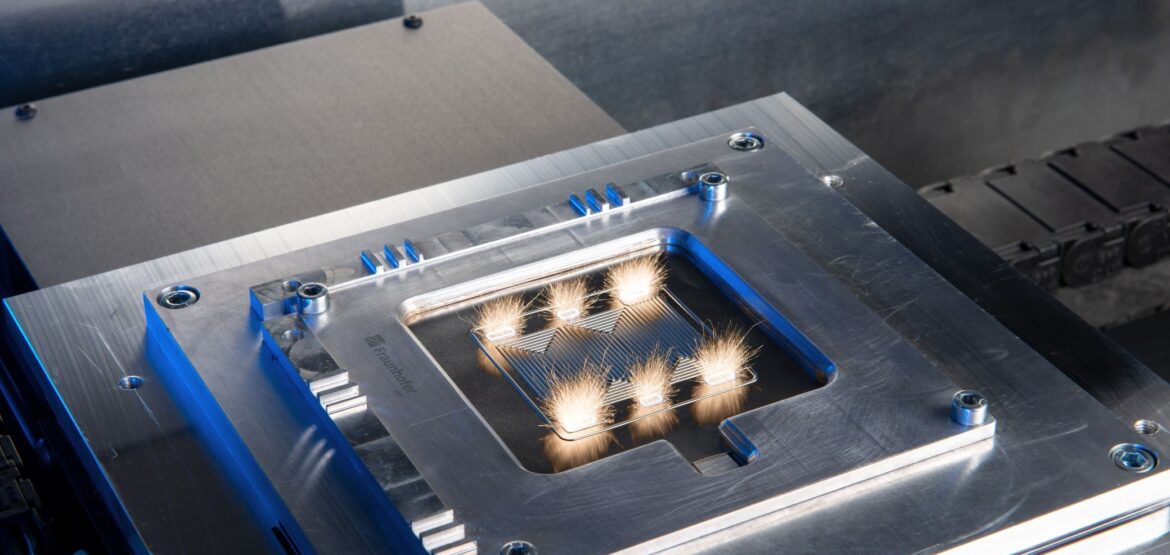29. February 2024
RWTH Aachen University has always cooperated with companies from industry and business and continues to develop into an integrated, interdisciplinary technical university. The RWTH Aachen Campus project, launched in 2009, makes a contribution to this by enabling pre-competitive and consortial research between science and industry in a unique ecosystem.
In seven research clusters on Campus Melaten, solutions to future issues are being developed and implemented in 22 centers together with industry. Our Center is driving forward the future topic of hydrogen in collaboration with various scientific disciplines and industry. As an innovation hub for the industrialization of hydrogen and fuel cell technology, we network research partners, start-ups, large research institutes and facilities from the RWTH ecosystem and draw on the expertise of specialist institutes from other universities in North Rhine-Westphalia in order to achieve relevant research results in short cycles.
The long-term nature of basic research poses a challenge to the sometimes very short-term innovation needs of industry: Innovations must be brought from the idea to market maturity in ever shorter periods of time. As the Center Fuel Cell Industrialization (FCI), we build on the research results of RWTH Aachen University on hydrogen and fuel cell technologies. In consortia with members from industry and science, the main areas of research are jointly prioritized, discussed and worked on. Whether in the construction of pilot plants and prototypes or continuous technology management – we support the future economic use of hydrogen as an energy source at various levels and, together with industrial companies, make use of the unique research infrastructure on the RWTH Aachen Campus: test benches, production halls, premises for creative innovation processes and junior staff.
Our research projects generally last no longer than one year and are therefore significantly faster and more dynamic than basic research. On the other hand, there is a smaller range of topics, with a greater focus on specific issues relating to fuel cells and electrolysers. Current market trends are closely monitored with regard to industrialization, i.e. the transfer of new technologies to mass production. A critical look at the current state of the art and the needs of the industry is essential, particularly in the rapidly developing areas of hydrogen, fuel cells and electrolysers. How can the entire value chain be transformed at the same time, from the product to the materials supply chain, from mechanical and plant engineering to challenging manufacturing processes?
We work together with companies from various industries. With vehicle, material and fuel cell manufacturers, but also with plant manufacturers and automation engineers who are in competition with each other. The industrial partners want their research questions answered, but do not want to make their own products available for testing. The solution: building their own prototype. Thanks to the wide-ranging expertise of the six RWTH institutes involved and the existing research infrastructure on the Melaten campus, a fuel cell stack has been created that serves as a research object and minimum viable product for the project consortium. Professors from the six institutes and their staff contribute interdisciplinary know-how to the industrialization of hydrogen and fuel technologies.
With the excellent institute expertise, an innovation ecosystem has been created on the RWTH Aachen Campus in which industrial customers can conduct research on neutral ground and evaluate various technologies without having to contribute their own product as a reference object for the project consortium. A project that could only be shouldered by dividing the content between different institutes. Calculations, product tests and prototype production – thanks to the unique RWTH basic research and the bundled know-how on the RWTH Aachen Campus, research results from the Centers are transferred to industry in record time.


